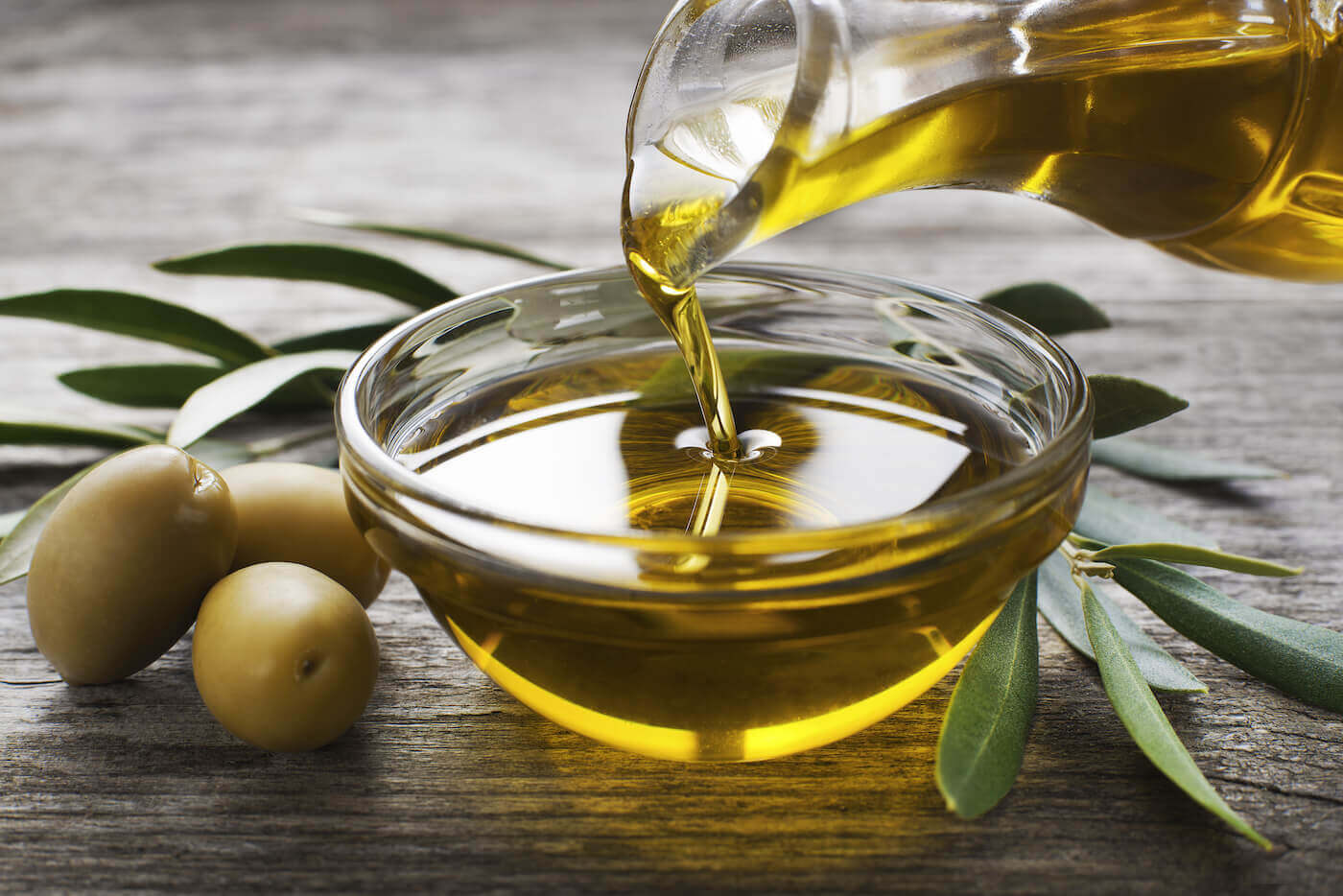8 Alternatives to Olive Oil
Olive oil – it’s a staple in every kitchen around the world.
As one of the most commonly used ingredients, olive oil is used for sauteing, frying, roasting, flavoring, and even salad dressings. Made from a historical process of grinding and pressing olives, olive oil is a tried and true ingredient for chefs of all experience levels.
Not only does it enhance the taste of your food, but it also offers health benefits. At just 119 calories per tablespoon, olive oil is low in saturated fats and abundant with monounsaturated and polyunsaturated fats.
However, new alternatives to olive oil are popping up on the market. With even healthier and more economically priced oils, chefs are finding new favorites to cook with in place of traditional olive oil.
Why Choose an Alternative Oil?
If olive oil is so popular and a tried and true ingredient, why would you want to use an alternative?
There are a couple of reasons you might want to switch to another type of oil.
The first is that you simply ran out of olive oil and are in a pinch while cooking dinner for your family. So, you search for whatever you have on hand.
Another reason is that you’re experimenting with different flavors and textures and want to see how a certain dish will taste using another oil.
Or maybe you’re looking for an alternative oil with more or different health benefits at a lower price.
No matter what your reasoning for switching out your olive oil for another, it’s essential to know about other oils you can use.
Almond Oil
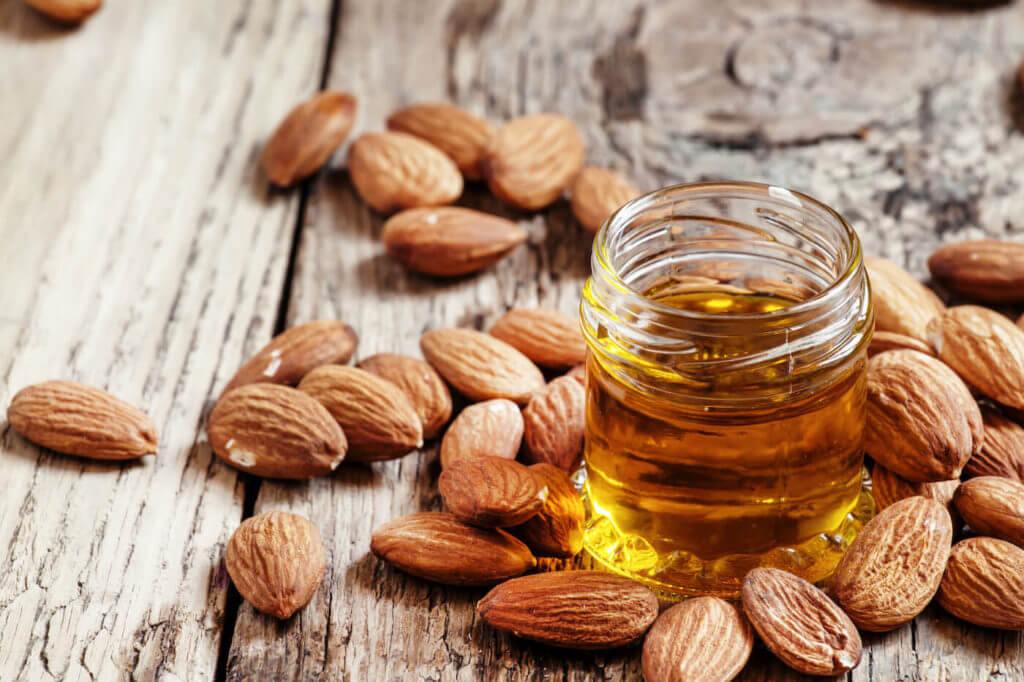
Almond oil offers great health benefits as it’s packed with vitamin E. It’s actually proven to reduce total cholesterol.
This oil alternative is flavorful and is a delicious ingredient when used in baked goods. You can also use it in pasta, soups, and as a dressing over green salads.
Avocado Oil
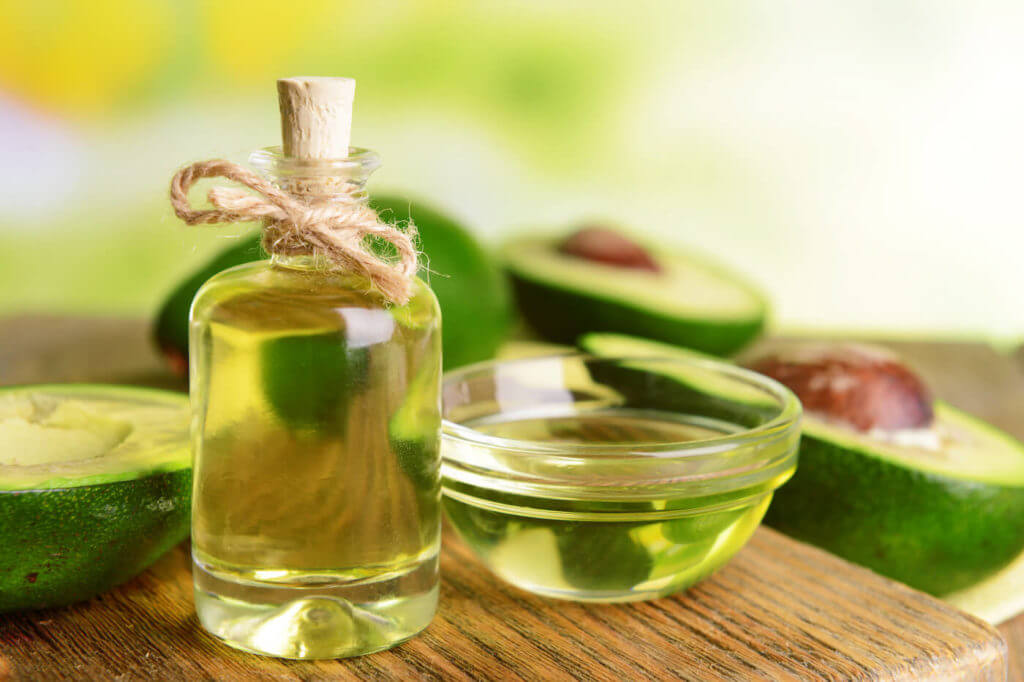
Avocado oil is currently very popular as the younger generation partakes in the avocado craze.
There’s a reason this oil is so trendy right now. It offers awesome heart health benefits because it’s rich in oleic acid, part of the omega-3 family.
The smoke point for avocado oil is very high, making it great for grilling and roasting vegetables and meat. It also has a buttery taste, so it’s even more flavorful than olive oil. Not only is it great for cooking, but avocado oil also goes well as a salad dressing.
Culinary & Pastry Career Survey
Culinary & Pastry Career Survey
What's your ideal culinary career? Answer 20 simple questions and see if your dream career gets revealed to you.
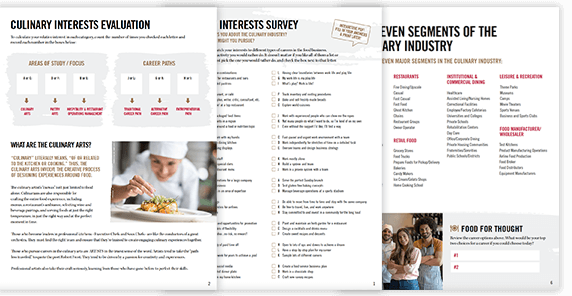
We’ve compiled of all of the essential questions into one handy guide: Career options, description of skill requirements, and more!


Coconut Oil
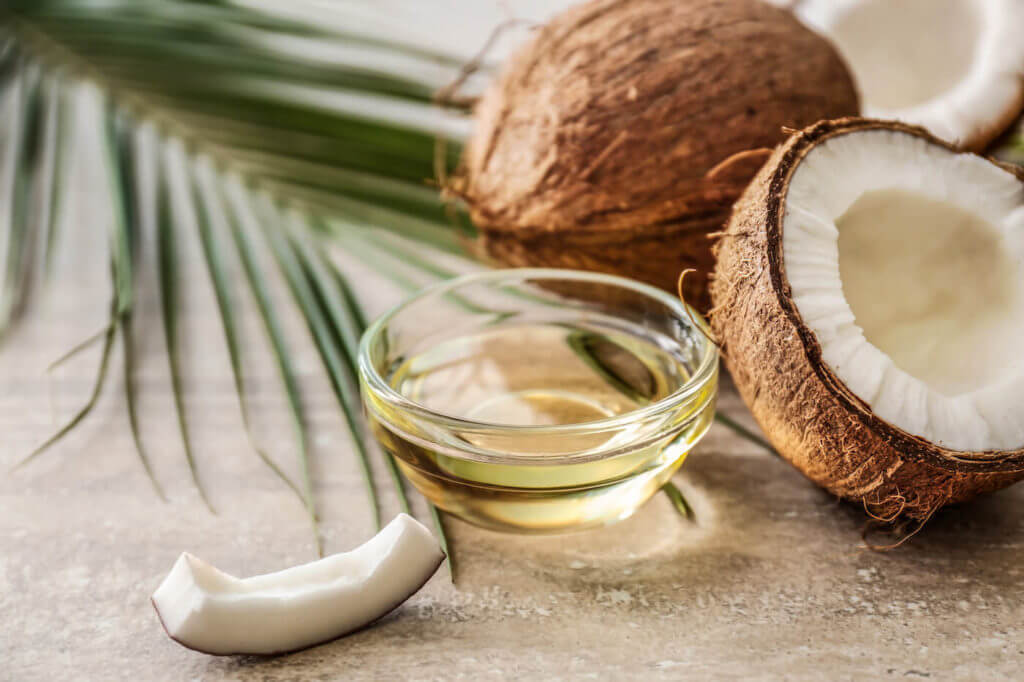 Coconut is another very popular alternative to olive oil, especially amongst the vegan community.
Coconut is another very popular alternative to olive oil, especially amongst the vegan community.
It can be used in place of olive oil when cooking, but goes especially well in curry dishes, stir fry, and even some baked goods. It does have a tinge of coconut flavor, but it isn’t overpowering.
When stored at room temperature, coconut oil is solid, making it a great alternative to butter when spread on toast.
Flaxseed Oil
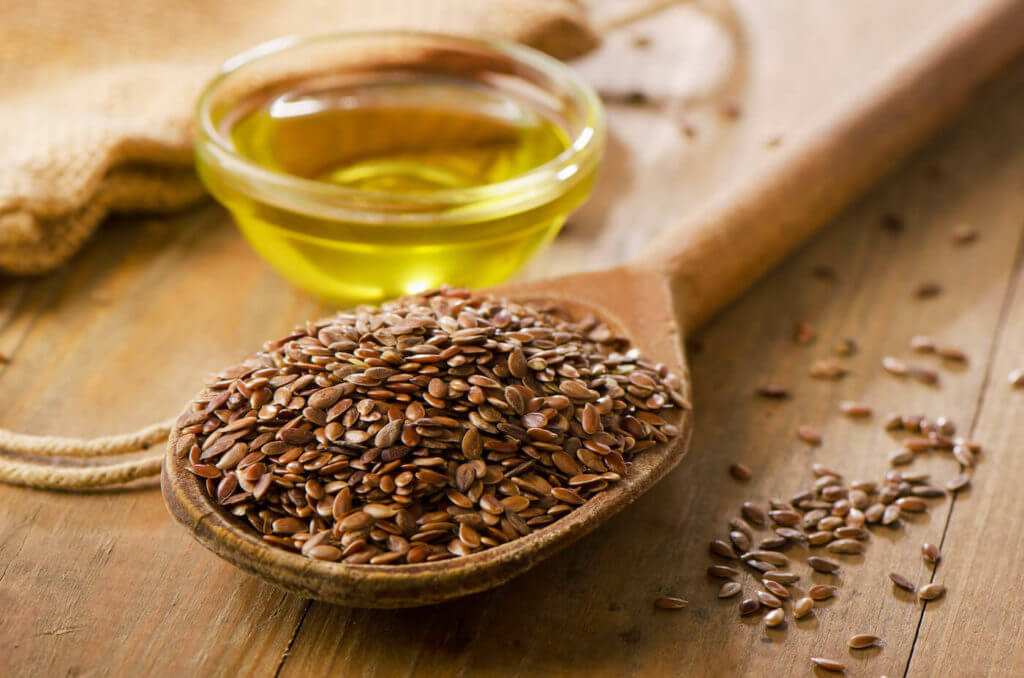
Flaxseed oil holds great heart health benefits since it’s high in omega-3 fats.
This oil has a low smoke point, so it isn’t recommended that you cook with it as it can burn easily. However, it’s a great alternative to olive oil when used in salad dressings or as a garnish when plating a meal.
Grapeseed Oil
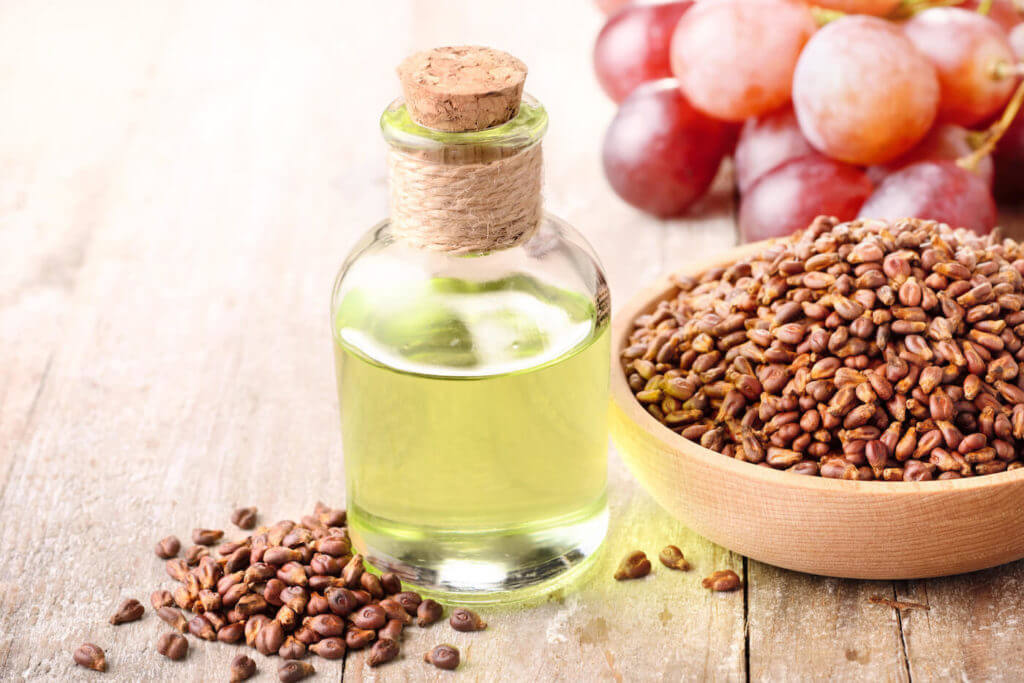 Grapeseed oil is made from pressed grape seeds and serves as another great, tasty alternative to olive oil. It’s also a healthy choice as it’s proven to reduce the chance of a stroke.
Grapeseed oil is made from pressed grape seeds and serves as another great, tasty alternative to olive oil. It’s also a healthy choice as it’s proven to reduce the chance of a stroke.
Since the oil has a high smoke point, it can be used for frying, roasting, and sauteing vegetables and meats. It also goes very well in homemade salad dressings.
Grapeseed oil does have a unique advantage over olive oil, though. It can be used as a substitute for butter or shortening in a baking recipe.
Peanut Oil
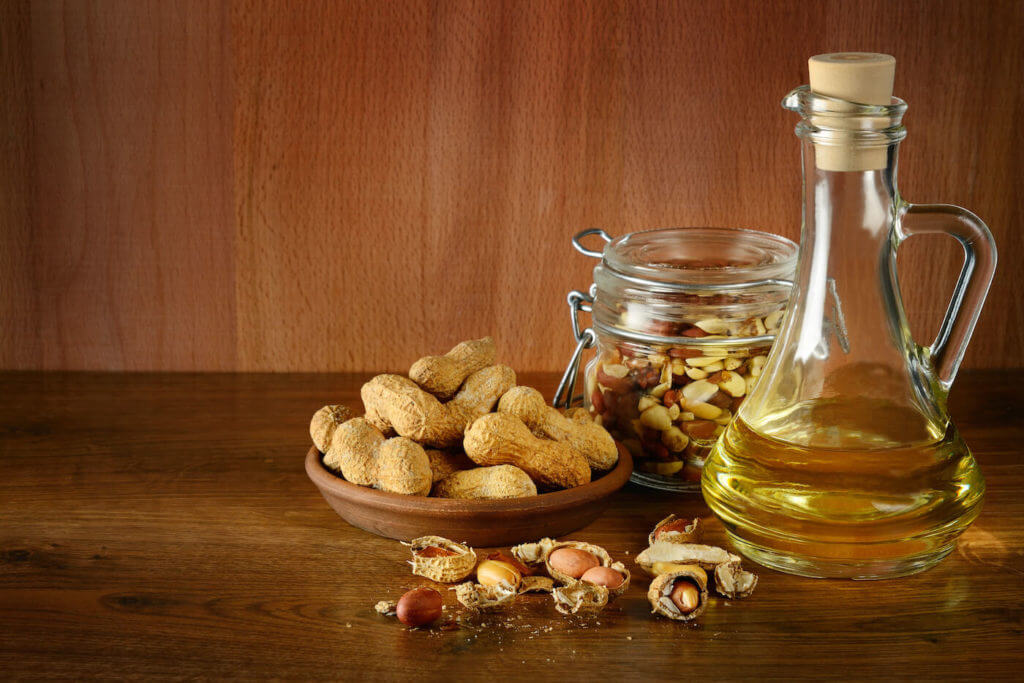
You may assume that peanut oil has an intense flavor and are quick to avoid it as an alternative to olive oil. The reality is that it actually has a neutral flavor, which makes it a very versatile oil.
With a high smoke point, peanut oil can be used when grilling, sauteing, and roasting. It’s often used in Asian dishes such as stir fry.
It’s rich in vitamin E, so this useful oil has great health benefits. Plus, peanut oil is cheaper than olive oil, making it a great economical choice.
Sunflower Oil

Pressed from sunflower seeds, sunflower oil naturally has no trans fat and is rich in oleic acid. It’s one of the best alternatives you can use for olive oil as it has the same smoke point and is very versatile.
It’s important to note that the quality of sunflower oil does differ. You do get what you pay for. So, it can be an economical choice, but a better quality product will be more expensive.
Walnut Oil

Walnut oil offers a thicker consistency when compared to olive oil. While it doesn’t have a taste when stored at room temperature, it does become bitter when used in cooking.
We recommend using walnut oil as an alternative to olive oil when garnishing meats or making a salad dressing.
What About Vegetable or Canola Oil?
There’s a high chance that you have some vegetable or canola oil sitting in your kitchen and have the instinct to use one of them as an alternative to olive oil. While you can use these oils, they are not as nutritious.
It’s generally recommended to avoid vegetable and canola oils if you’re looking for a higher quality meal with nutritional benefits. These oils are often overly processed and are not as natural as the alternatives we’ve listed above.
To give you an idea of exactly what vegetable or canola oil is, it is oil pressed from various seeds or grains. It’s then mixed with the chemical hexane and put through a refining process where it’s treated with phosphoric acid. It then goes through a bleaching and deodorizing process.
Needless to say, these oils are not as clean and natural as the alternatives we’ve offered.
Increase Your Cooking Knowledge
Take your cooking skills to the next level with Auguste Escoffier School of Culinary Arts Home Gourmet online cooking classes. You’ll work one-on-one with a professional Chef Instructor in the comfort of your own home as you learn traditional and experimental cooking techniques.
With hands-on experience, you’ll learn new skills to impress your friends and family with the next meal you make. Are you an aspiring culinary professional? Then explore our online degree and diploma programs.
If you enjoyed this article, read these next:
This article was originally published on August 7, 2015, and has been updated.

